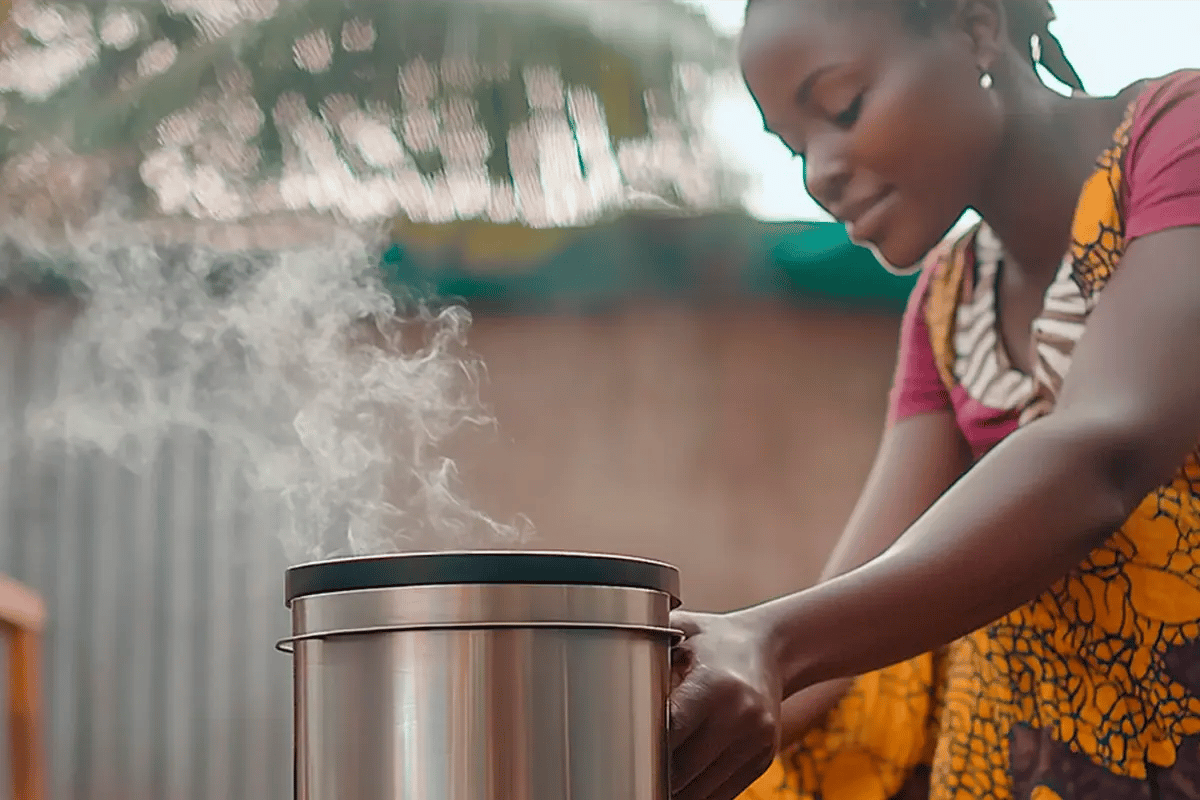The COP30 summit in Belém, Brazil, closed on an unexpectedly strong note for the carbon market,...

COP30 Sparks Major Wave of Nature-Based Funding Ahead of COP31
2

Inside COP30: Key Updates on Resilience Funding and Carbon Trading
As COP30 opened in Belém, Brazil—positioned at the edge of the Amazon rainforest—delegates gathered...
4

Brazil Pioneers $1B Forest Fund to Protect Tropics Ahead of COP30
Brazil has positioned itself at the forefront of global forest conservation by making the first...
1

Amazon Reasserts ARR Commitment as COP30 Highlights Permanence Debate
As the discussions at COP30 wrapped up, Amazon used the global stage to reiterate its long-term...
2


